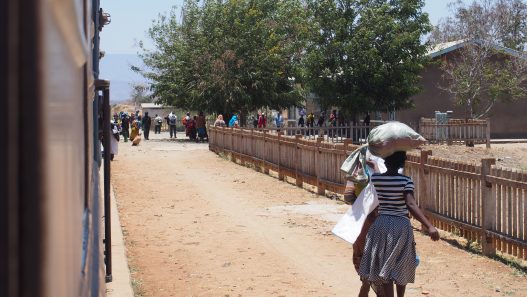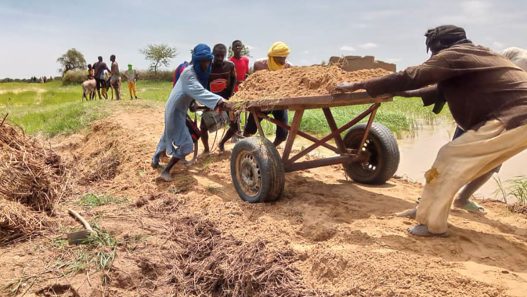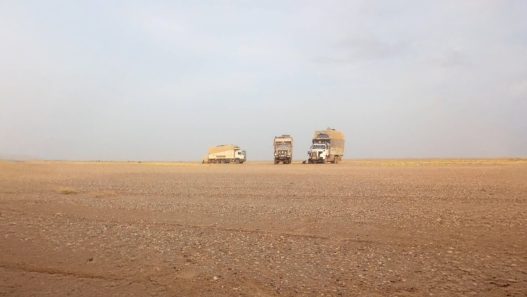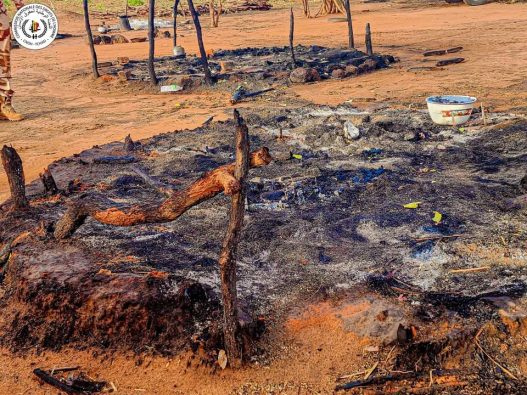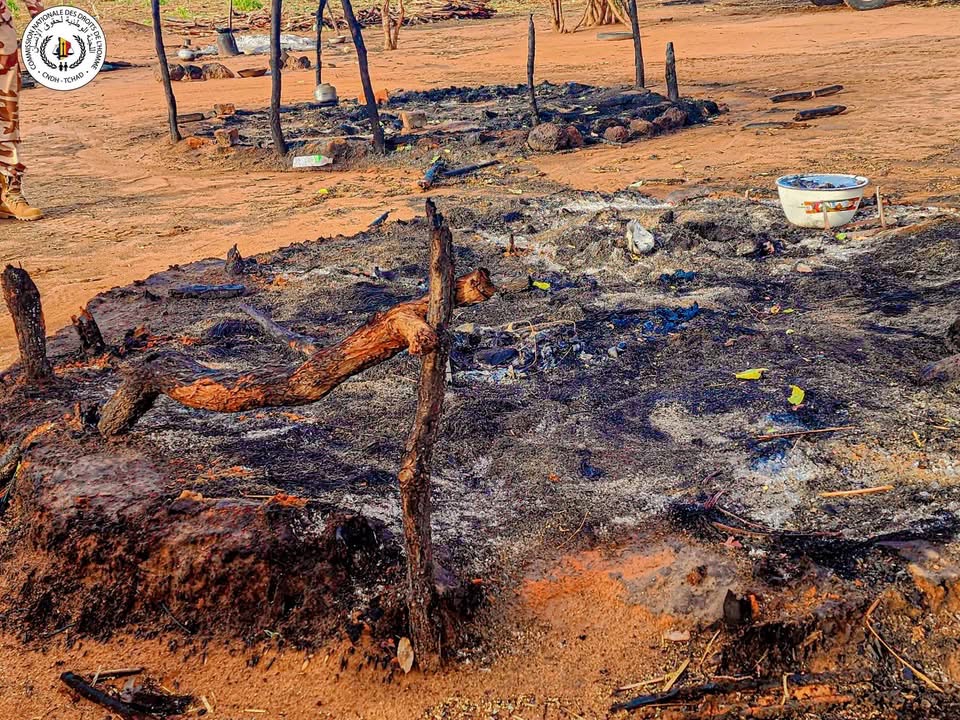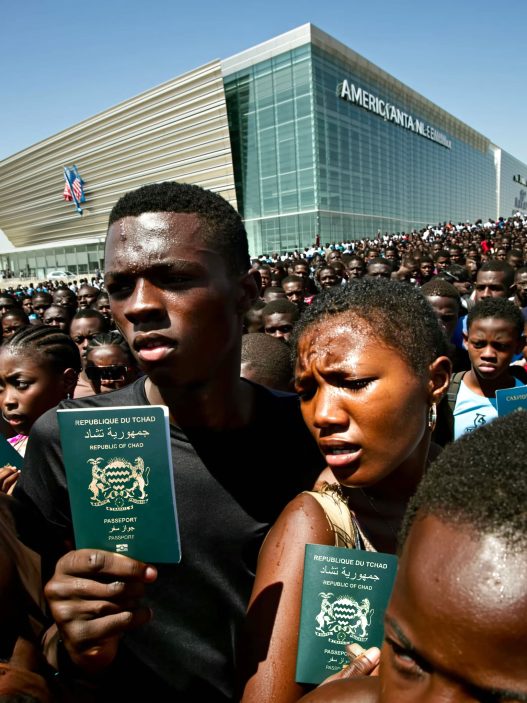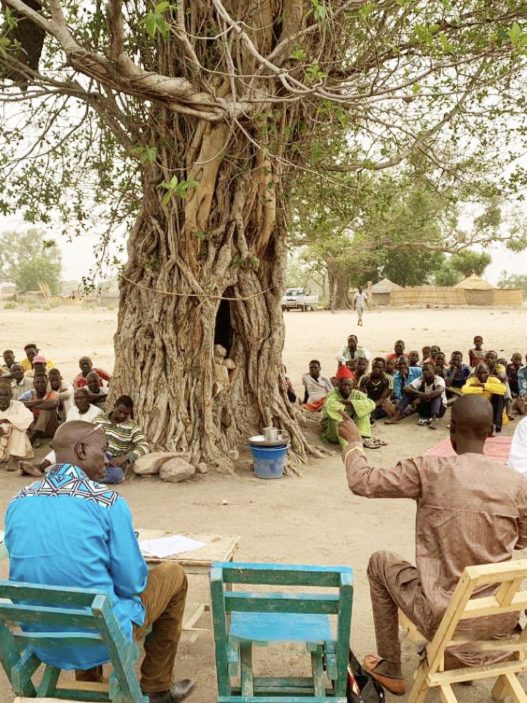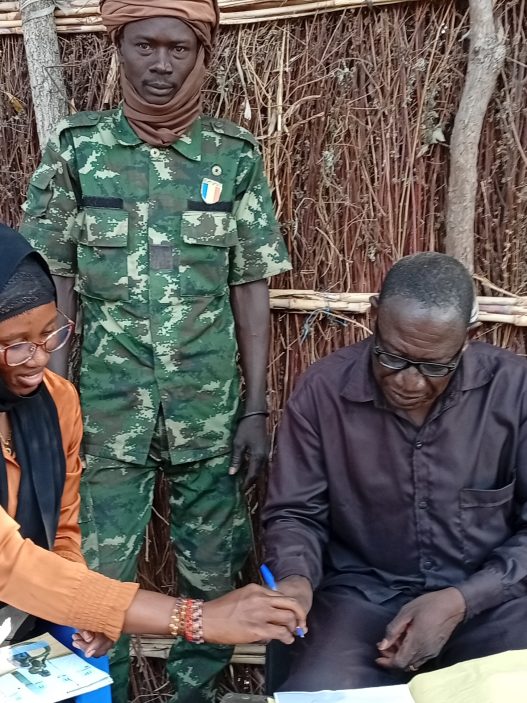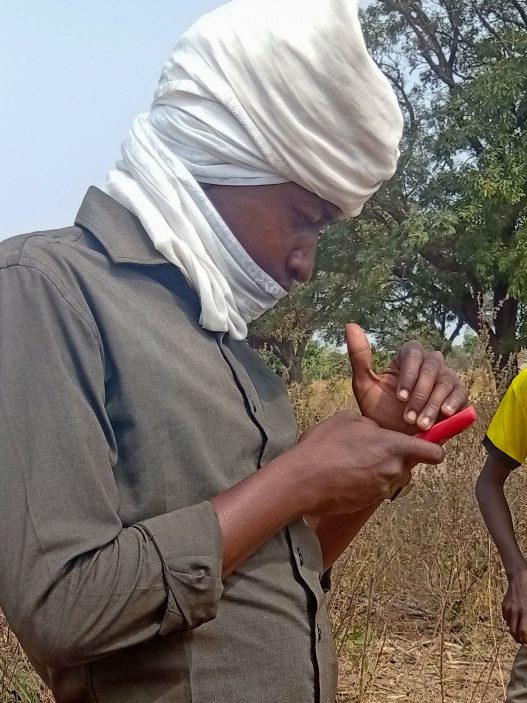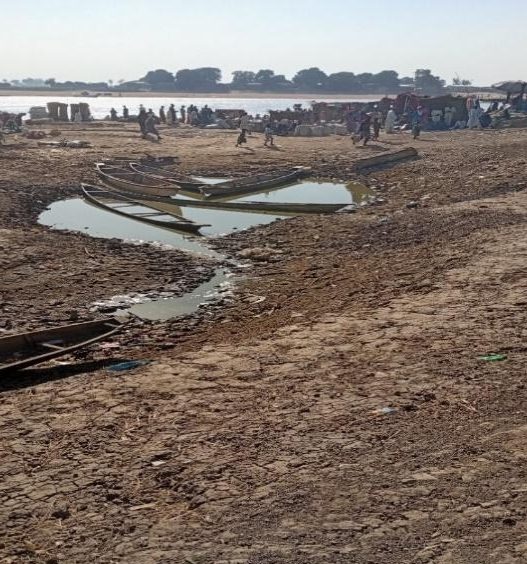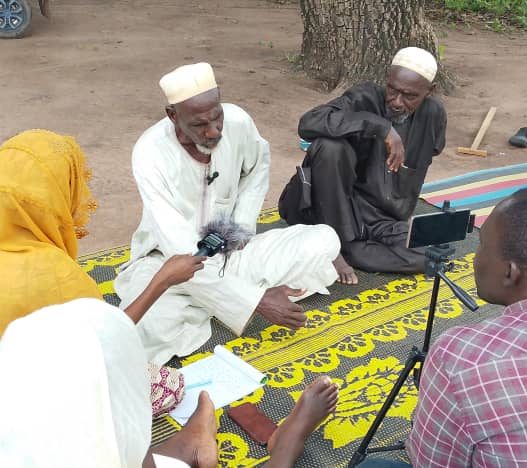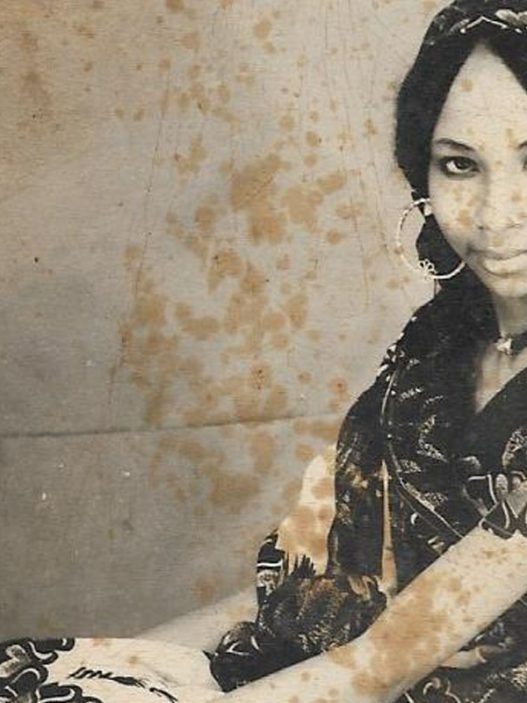In the Dodjé department of Chad’s southwestern province Logone Occidental, indigenous farmers and nomadic Fulani herders had been living peacefully side by side for years. However, a controversial decision by local authorities sparked a bloody conflict on May 14, 2025, leaving 42 people dead, mostly women and children. While inter-community tensions are nothing new in Chad, this case has taken a political turn with the arrest of a key opposition figure in N’Djamena, far from the scene of the violence.
A traditional coexistence shattered by an administrative decision
In Beinamar, coexistence between farmers and herders was based on ancestral arrangements. But recently, the prefect of Beinamar, a state commissioner, arbitrarily allocated land belonging to a farmer to a nomadic herder without consulting the parties concerned. This unilateral decision sparked violent disagreement between the two communities, degenerating into deadly clashes.
The village of Mandakao, the epicenter of the conflict, saw houses burned down and families decimated. Security forces made several arrests, but the situation remains tense. Reprisals followed with an attack by the Fulani on the village of Samoussa near Beissa in the Dodjé department.
A heavy human toll and a humanitarian crisis looming
The provisional death toll stands at 42 on the Fulani side, including a majority of women and children who were unable to flee the violence, according to the government. No figures have been released for the farmers, but there are indications that there have been deaths on both sides. Hundreds of people have fled their villages, fearing further attacks. Human rights organizations are warning that the situation could get out of control. Local authorities have promised an investigation, but residents are denouncing the government’s inaction, which failed to prevent this escalation despite a history of similar conflicts throughout Chad.
Political manipulation in N’Djamena
While the conflict remains localized in Beinamar and its surroundings, the capital N’Djamena, hundreds of kilometers away, is rocked by political arrests. Masra Succès, a fierce opponent of the regime and president of the political party Les Transformateurs, has been arrested and accused of being the ‘instigator’ of the violence.
This theory is strongly contested by civil society and opposition parties, who see it as a maneuver to stifle criticism of the government. “The government is looking for a scapegoat to mask its inability to manage inter-community conflicts,” denounced a human rights activist.
The state’s repeated failure to address farmer-herder conflicts
Chad regularly experiences clashes between farmers and herders, exacerbated by climate change, land pressure, and poor governance. Despite repeated promises, the state has failed to establish effective mediation mechanisms. Arbitrary decisions by local authorities, such as that of the prefect of Beinamar, exacerbate tensions rather than ease them. The population is calling for equitable land reform and impartial justice, free from political calculations.
The tragedy in Mandakao by Beinamar once again illustrates the fragility of inter-community relations in Chad. Behind the deaths and destruction lies a deeper crisis: that of a state incapable of protecting its citizens and quick to exploit tragedies to silence the opposition. Without a genuine policy of dialogue and justice, these conflicts are likely to multiply, plunging the country into a vicious cycle of violence.

